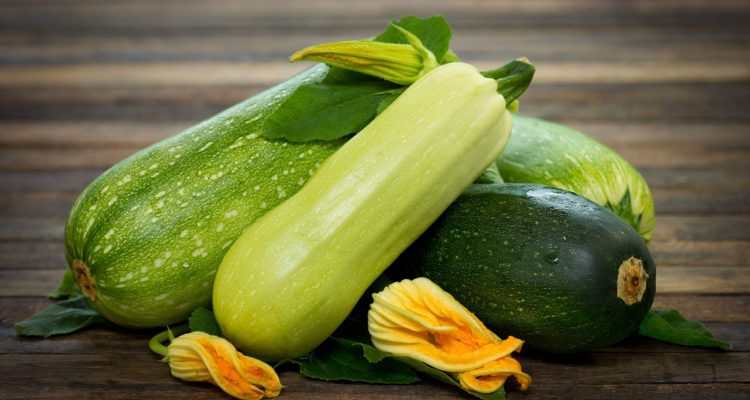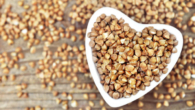
Zucchini benefits: nutrient content and disease prevention
0
Zucchini is a versatile vegetable, rich nutrients. It is good for digestion and heart health and can be included in a healthy diet in a number of ways: it can be used as an alternative to noodles, served in salads or baked in the oven.
Zucchini Nutrition< /strong>
One cup (180 g) of cooked unsalted zucchini contains the following vitamins and minerals:
- Vitamin A (40 percent of the recommended daily allowance of the RDI)
- Manganese (16 percent of the RDI)
- Vitamin C (14 percent of the RDI)
- Potassium (13 percent of the RDI)
- Magnesium (10 percent of the RDI)
- Vitamin K (9 percent of the RDI)
- Copper (8 percent of the RDI)
Rich in beneficial antioxidants
The skin and flesh of zucchini are full of antioxidants that promote cell integrity and reduce inflammation. Antioxidants in zucchini help protect against chronic diseases. Zucchini skin contains vitamins A and C, glutathione peroxidase and superoxide dismutase, so don't peel it when preparing this superfood.
Helps improve your digestion
Eating a diet rich in fresh vegetables, can improve digestion. One cup of cooked zucchini contains two grams of soluble and insoluble fiber, which helps draw water into the intestines and create bulk, helping to prevent constipation. Soluble fiber also improves digestion and absorption of nutrients by feeding beneficial bacteria in the gut.
Helps prevent heart disease
Zucchini contains magnesium and potassium, which improve health i heart These minerals help reduce the risk of heart disease, stroke and heart attack by relaxing blood vessels, which then promotes better blood flow.









Leave a Reply